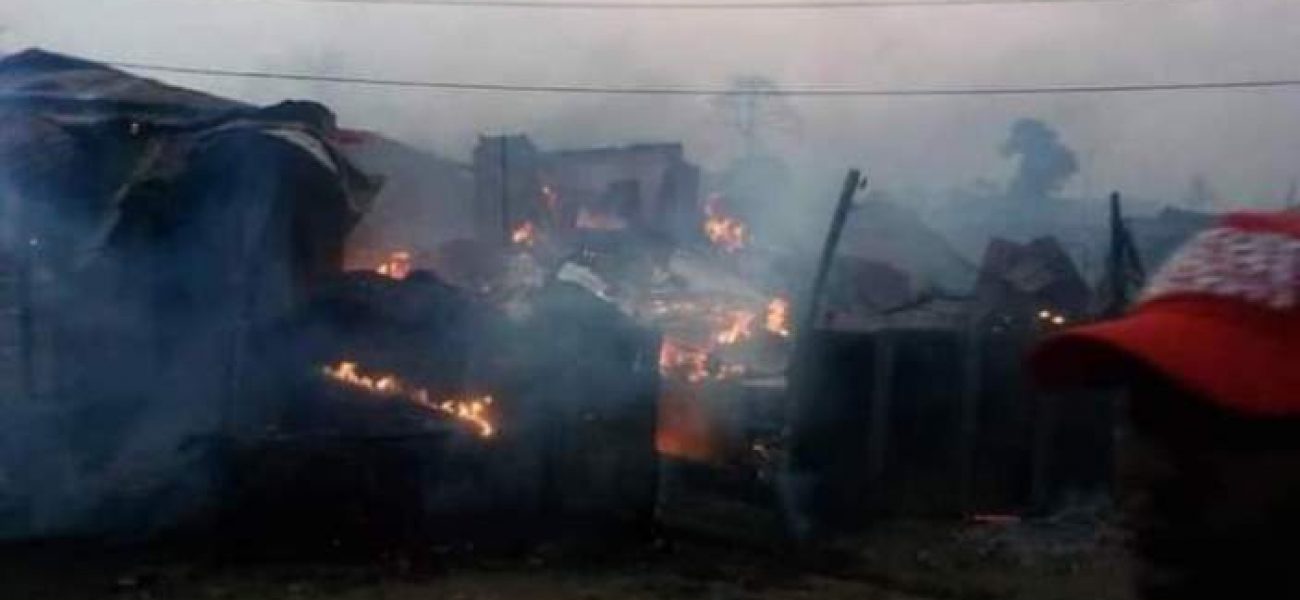Violence broke out in Shasha market in Ibadan, Oyo State on Friday, February 12, leaving several dead, injured, displaced and properties destroyed. The incident is said to have started the previous day with an altercation between a group of persons of Yoruba and Hausa descents in the market, and soon degenerated to setting market wares, shops and houses ablaze, as well as inflicting injuries on individuals. According to news reports, at least 20 persons died from the attack, while about 5,000 displaced persons in the community were taking refuge in the premises of the Sarkin Shasa, Alhaji Haruna Maiyasin and at the International Institute of Tropical Agriculture in Ibadan as of Sunday, February 14. Following the incident, President Muhammadu Buhari, through his Senior Special Adviser on Media and Publicity, Garba Shehu, committed to protecting all religious and ethnic groups in the country. He assured that his government will act decisively to stop the spread of ethnic and religious violence. In addition, he enjoined governors and elected leaders, as well as religious and traditional leaders to avert ethnic divisions within their communities. Oyo State Governor, Seyi Makinde and his Ondo State counterpart, Rotimi Akeredolu who visited the Shasha market, appealed to the Hausa and Yoruba community members in the area to co-exist peacefully, and avoid resorting to self-help as a means of solving problems.
It will be recalled that few weeks ago, there was an altercation involving the Fulani community and other residents of Igangan in Ibarapa area of Oyo State. There have been similar incidents reported across the country, characterised by allegations of criminal acts being perpetrated by persons of certain ethnic origins.
Ethnic tensions in Nigeria have been alarmingly on the increase, especially since 2015 when President Buhari was first elected as president. Critics worry that President Buhari’s propensity to nepotism and favouritism has made him place his ethnic Fulani group at an advantage over other ethnic groups in the country. Critics also worry that cattle herders, mostly of Buhari’s ethnic Fulani origin have become more emboldened in wreaking havoc on farmlands and homes owned by other ethnic groups, with the country’s security agencies mostly headed by Buhari’s ethnic kinsmen looking the other way.

